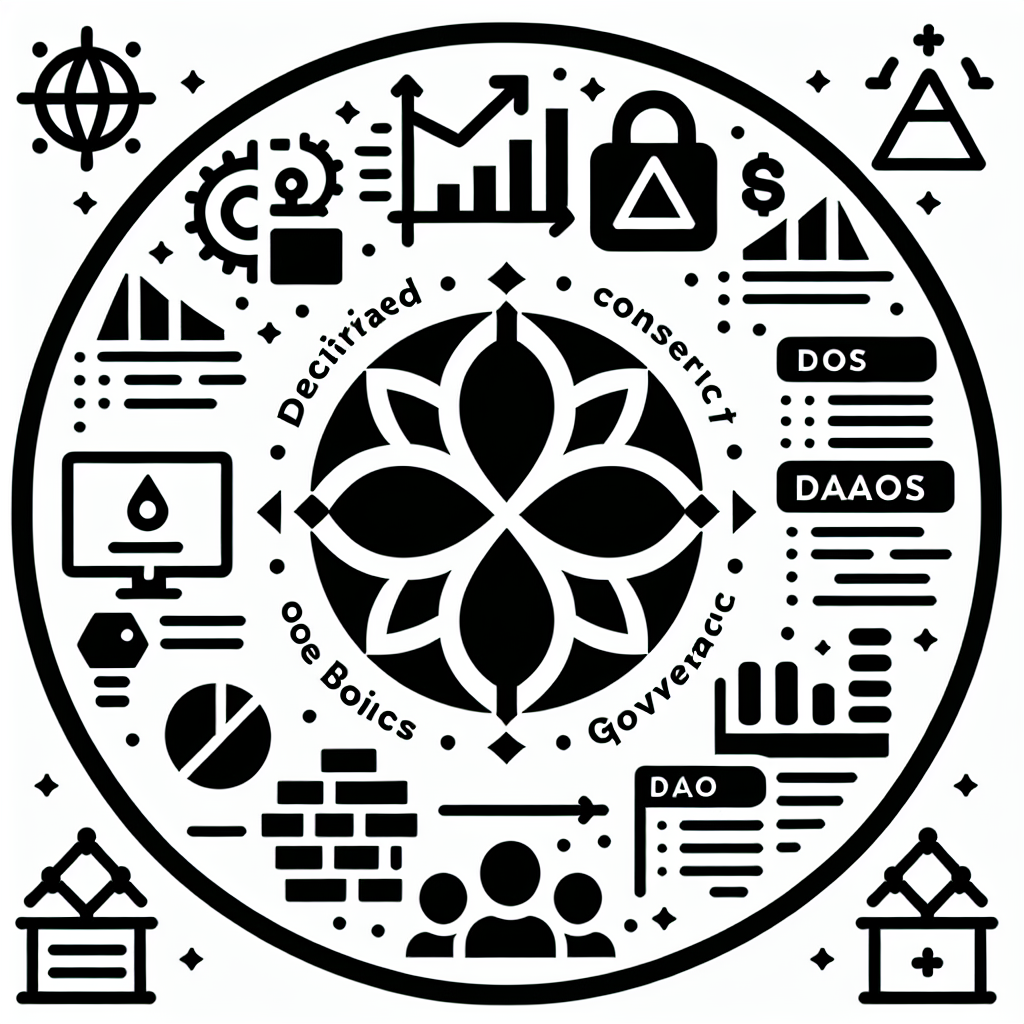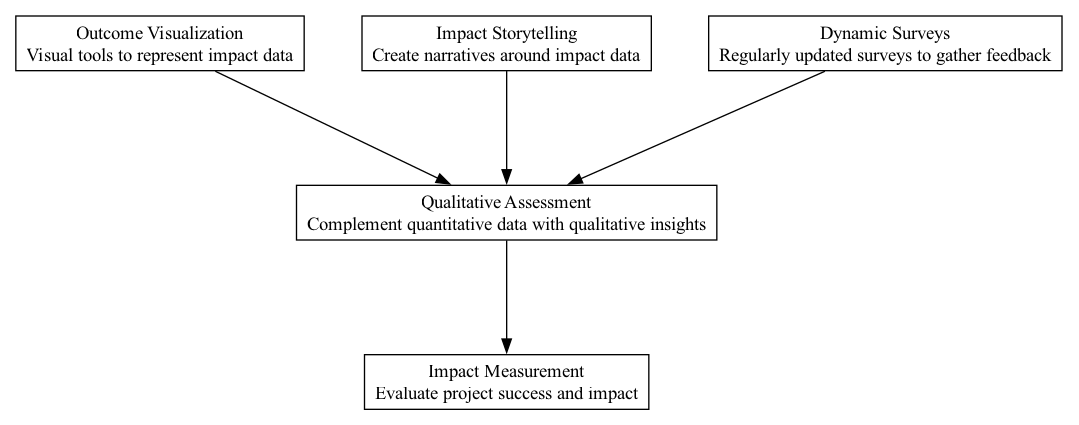Home / Contents / Donations / News / Contact
QUL - Qualitative Assessment

Supports:
Context:
In the decentralized ecosystem of DAOs, where actions are governed by code and community consensus, achieving a balanced assessment of project impacts is crucial. Both quantitative and qualitative data play essential roles in evaluating the overall success and community satisfaction of projects funded through Code Bounties, Grants, or hybrid investments.
Problem:
While quantitative data provides measurable and objective metrics, it often fails to capture subjective and nuanced aspects of project outcomes such as community well-being, engagement, and user satisfaction. These elements are critical for understanding the holistic impact of projects and for making informed decisions about future resource allocations.
Forces:
- Precision of Quantitative Data: Provides clear, objective measures but might miss nuanced impacts.
- Subjective Nature of Qualitative Data: Offers depth and context but can be harder to systematize and analyze consistently.
- Balance of Insights: Both types of data are needed to provide a comprehensive view of outcomes.
- Community Engagement: Engaging community in feedback processes can influence their satisfaction and project loyalty.
Solution:
Implement a mixed-methods approach to evaluate projects, combining quantitative insights with qualitative feedback mechanisms. Utilize tools such as surveys, user feedback forms, interviews, and forums to gather qualitative data. This approach should focus on understanding how the project impacts the community’s well-being, engagement levels, and overall satisfaction. Employ standardized frameworks to analyze the qualitative data collected to ensure consistency and reliability in the findings.
These qualitative assessments should be integrated with quantitative analytics to provide a holistic view of the project impacts. For instance, while user numbers (a quantitative measure) might show the popularity of a project, qualitative insights from user testimonials or focus groups might reveal challenges in user experience that are not visible through numbers alone.
Therefore:
Integrate qualitative assessment methods into the DAO’s project evaluation processes to capture detailed insights about community impact, engagement, and satisfaction, thereby enhancing decision-making efficacy and resource allocation strategies.
Supported By:
